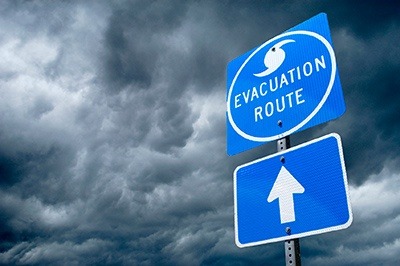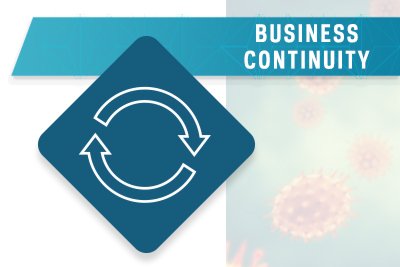Those of us in the EHS&S (Environmental, Health, Safety & Sustainability) field know that risk is a little word with a lot of weight. How we view risk is becoming increasingly complicated with every year — and that’s not likely to change. The fact is, just like the board game of the same name, real-life risk has simple rules but requires complex interactions.
To add to that inherent complexity, definitions of risk and the magnitude of risk may vary among different stakeholders and decision-makers. Risks are present across the entire business enterprise; risk management decisions addressing one portion of the business may have negative consequences in another portion of the business.
Managing risks to protect business continuity must be viewed taking a systems approach. It’s not just about checking compliance boxes anymore. Going beyond compliance is crucial.
So, I asked experts across the EHS&S spectrum for their thoughts on risk management’s bigger picture and compiled their responses into a guide.
Read on for a sample of their insights.

“Risk can be a scary term to people. While there is no concrete way to know exactly what will happen, organizations can absolutely develop a method to evaluate and understand their risks by understanding their threats and opportunities across their enterprise. It’s different for each company.”
Danyle Hepler, CSP, CESCO
Senior Technical Specialist
Danyle Hepler has a lot to say about EHS&S risk management. Check out her Safety Action Report.

“At its most basic level, risk is the possibility of a loss, and as individuals, each of us perceives risk differently and has a different tolerance for it.”
Sunila Gupta
Program Manager

“I view risk as the potential financial damage resulting from systems failures such as inadequate procedures, employee errors, or any other unplanned event that disrupt business processes.”
Mike Lispi
Senior Associate, Permitting, Compliance & Operational Risk
You will find many more perspectives in the full guide “but you can explore the entire conversation now.
Meanwhile, let me know what you think about risk. How is risk defined in your organization?
How risk averse are you? It’s obvious that my colleagues and I have a deep interest in risk ” leave a comment below or send me an email and join our conversation.
Published: 3/18/2019
- Aerospace
- Industrial and manufacturing
- Automotive
- Consumer products
- Food and beverage
- Manufacturing
- Steel and foundries
- EHS compliance
- EHS strategy and management
Author

Principal Consultant






